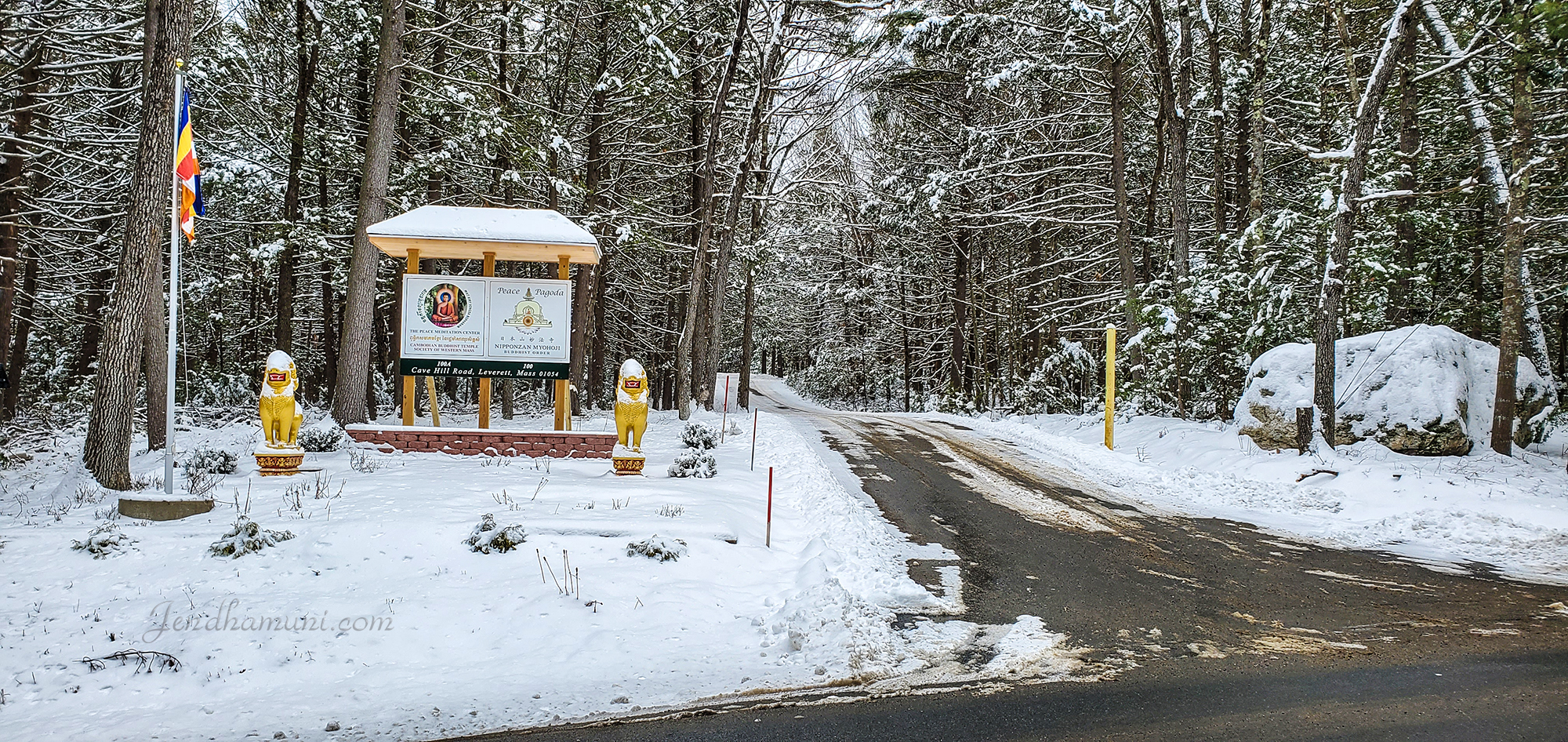The Story of Samanera Sukha
Verse 145: Farmers1 channel the water; fletchers straighten the arrows; carpenters work the timber; the wise tame themselves.
- Farmers: lit., makers of irrigation canals.
The Story of Samanera* Sukha
While residing at the Jetavana monastery, the Buddha uttered Verse (145) of this book, with reference to a samanera named Sukha.
Sukha was made a samanera at the age of seven years by Thera Sariputta. On the eighth day after being made a samanera he followed Thera Sariputta on his alms-round. While doing the round they came across some farmers irrigating their fields, some fletchers straightening their arrows and some carpenters making things like cart-wheels, etc. Seeing these, he asked Thera Sariputta whether these inanimate things could be guided to where one wished or be made into things one wished to make, and the thera answered him in the affirmative. The young samanera then pondered that if that were so, there could be no reason why a person could not tame his mind and practise Tranquillity and Insight Meditation.
So, he asked permission from the thera to return to the monastery. There, he shut himself up in his room and practised meditation in solitude, Sakka and the devas also helped him in his practice by keeping the monastery very quiet. That same day, the eighth day after his becoming a samanera, Sukha attained arahatship. In connection with this, the Buddha said to the congregation of bhikkhus, “When a person earnestly practises the Dhamma, even Sakka and the devas give protection and help. I myself have kept Sariputta at the entrance so that Sukha should not be disturbed. The samanera, having seen the farmers irrigating their fields, the fletchers straightening their arrows and the carpenters making cart-wheels and other things, trains his mind and practises the Dhamma. Thus, he has now become an arahat.” Continue reading










